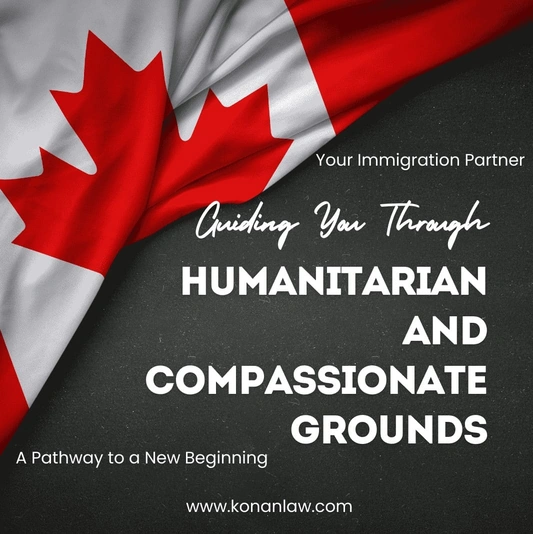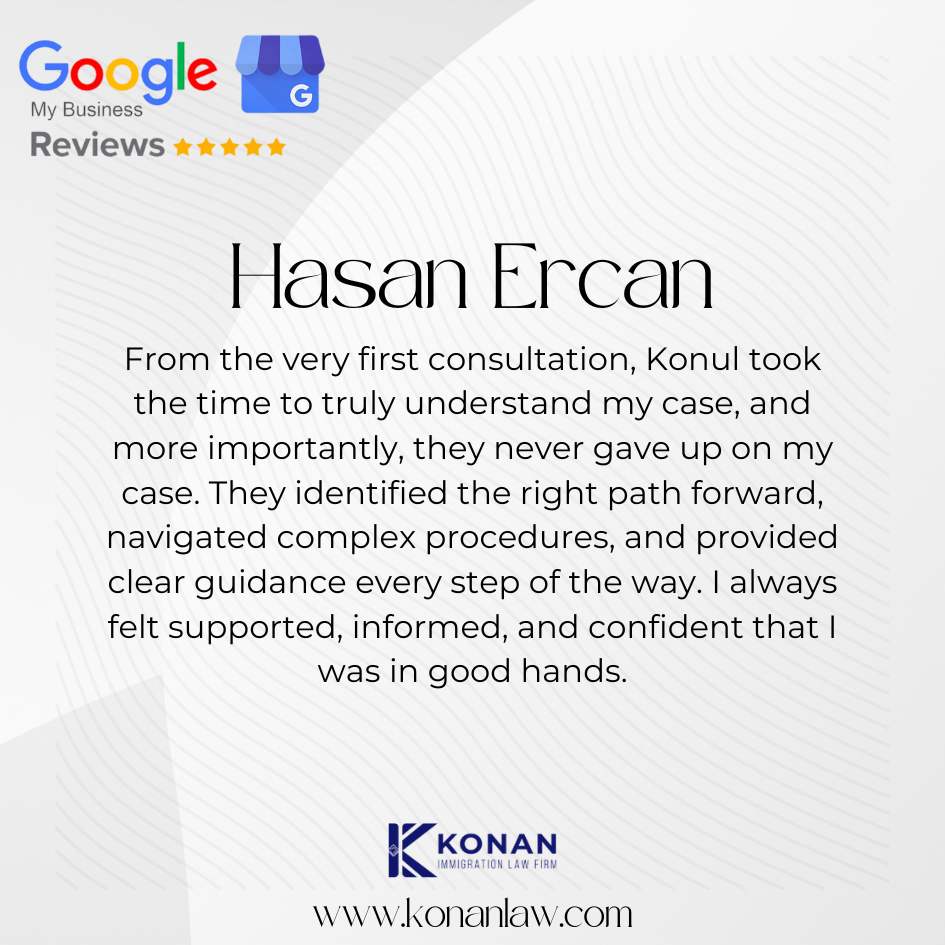What are Humanitarian and Compassionate Grounds?
Humanitarian and Compassionate grounds, often referred to as humanitarian visa applications, are special provisions in Canadian immigration law allowing individuals to apply for permanent residency based on exceptional circumstances. These include significant hardship, family separation, or adverse conditions in the applicant’s home country.
H&C considerations prioritize empathy and flexibility, focusing on factors like personal establishment in Canada, the best interests of children, and unique personal hardships. They are assessed under Sections 25 and 25.1 of the Immigration and Refugee Protection Act (IRPA), ensuring fairness for individuals facing extraordinary situations.
Humanitarian and Compassionate grounds provide an exceptional pathway for individuals who do not qualify under standard immigration categories to seek permanent residency in Canada.







